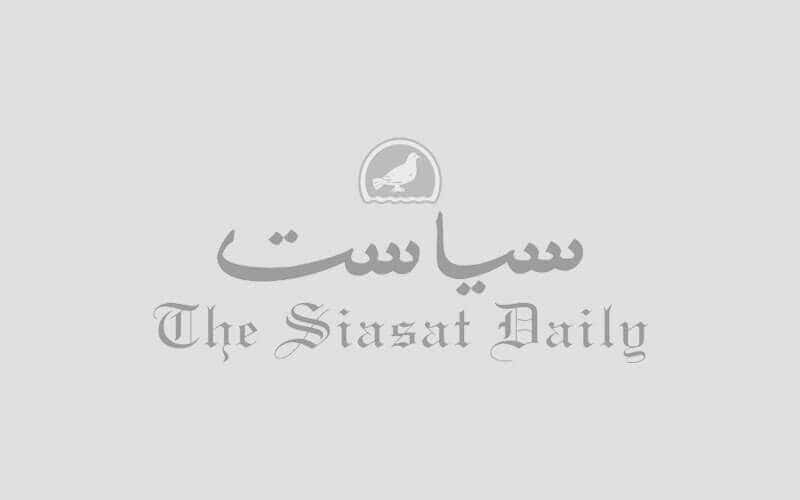Washington: US Defense Secretary Jim Mattis thanked his French counterpart today for France’s assistance in the immediate aftermath of a Niger ambush that killed four US troops, as questions mounted in Washington about what happened.
French warplanes flew overhead and armed helicopters evacuated the US wounded following the October 4 attack near the Mali border, which is thought to have been carried out by jihadists.
The Pentagon chief has previously praised the less than 30-minute French response time after the attack on the joint US-Niger patrol, and officials say it shows how well the two countries’ forces are working together.
But critics have pounced on the fact that it fell to France to help American troops as evidence the US military did not have adequate force-protection measures in place, and had failed in its intelligence gathering.
The ambush, which also killed four Nigerien troops, is sparking growing controversy in Washington as questions swirl about what went wrong, and after it emerged the body of one slain US soldier was not recovered for nearly two days — and only then by a privately contracted helicopter.
“Thank you for your support and for your letter of condolences for our fallen following this attack,” Mattis told French Defence Minister Florence Parly.
The French minister said she would discuss military operations in Syria after the fall of Raqa, the Iran nuclear deal and counterterrorism efforts in Africa’s Sahel region.
Speaking to reporters after the visit, Parly stressed the importance of the Iran deal.
“There’s no way we should leave the Vienna agreement negotiated in 2015 as long as all the conditions made of Iran are being met,” she said.
During her first Washington visit, Parly also gave a speech at the Centre for Strategic International Studies, in which she said letting the deal collapse would sow the seeds of future conflict and be a gift to hard liners.
The United States, which has a growing military footprint in Africa, frequently supports French operations in the Sahel — notably with aerial refuelling to French planes and exchanging intelligence with the old ally.
Parly said she had also discussed Chad, a Niger neighbour with extensive history of counterterrorism cooperation, with US officials.
Trump has placed travel restrictions on Chad citizens, saying it does not adequately share public safety and terrorism-related information and faulting the country for not providing recent examples of its passports.
“We mentioned the fact Chad is an important, effective ally engaged in this area of the Sahel and that therefore we must help Chad answer all the questions that have been posed by the US administration,” Parly said.

